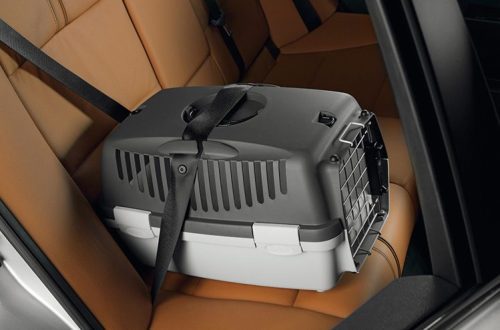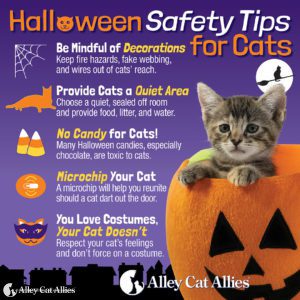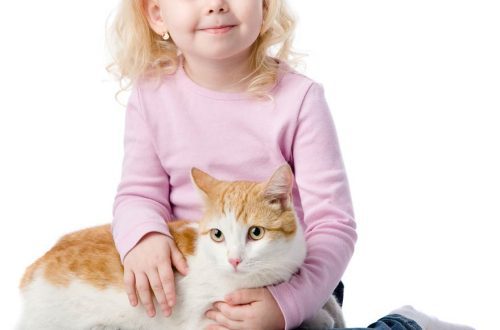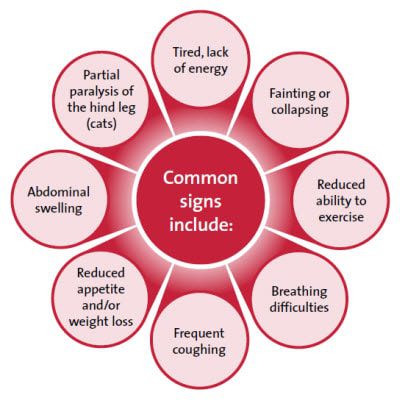
Congestive Heart Failure in Cats: Symptoms and Treatment
Cats, like humans, can develop heart disease. One such pathological condition is congestive heart failure. It occurs when the heart loses its ability to pump blood efficiently, leading to fluid buildup where it shouldn’t be, and causing the cat to show signs of congestive heart failure.
This accumulation liquid leads to the fact that even a quick descent downhill causes severe shortness of breath in a cat. Although congestive heart failure also affects dogs, cats suffer from a number of unique diseases that often lead to this condition.
Contents
Symptoms of heart failure in cats
The most common sign of heart failure in cats is difficulty breathing. According to Merck Veterinary Guide, Fluid that has accumulated in the chest is the most common cause of difficulty breathing. It restricts the expansion of the lungs, which in turn causes rapid, shallow and labored breathing in cats. The lungs themselves can also become filled with fluid, impairing their ability to function normally.
Compared to dogs, cats with heart disease also have a much higher risk of blood clots in their limbs. Thrombosis most often develops in the hind legs and may present as severe acute pain or loss of normal limb function. Other signs may include:
- cough;
- lethargy;
- weight loss;
- bloating due to accumulation of fluid;
- loss of appetite;
- vomiting;
- loss of consciousness.
Unlike dogs, where valvular disease is a common cause of heart failure, heart failure in cats usually develops as a result of damage to the heart muscle. In fact, according to the University of Pennsylvania School of Veterinary Medicine, one of the most common causes of congestive heart failure in cats is a condition called hypertrophic cardiomyopathy (HCM).
HCM leads to thickening and scarring of the heart muscle, which prevents the chambers of the heart from filling properly with blood. As a result, the heart has to work harder to pump the same amount of blood, further exacerbating damage to the heart muscle. Although the causes of the development of this disease are not yet fully understood, a genetic component has been identified in cats and it turned out that in Maine—kuns and ragdolls it is most common.
A potentially reversible manifestation of this disease has also been observed in cats with thyroid disease. hyperthyroidism. According to statistics, this life-threatening condition is observed more often in cats than in cats, but neither one nor the other is immune from it.
If your cat shows signs of congestive heart failure, contact your veterinarian immediately. This disease can quickly become life-threatening.
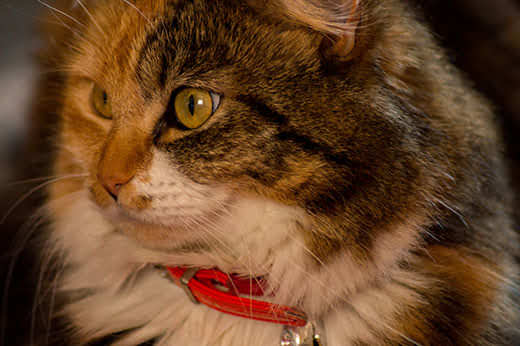
Treatment of heart failure in cats
Unfortunately, most of the damage to the heart in heart failure is irreversible. However, with proper treatment, fluid accumulation in the chest, lungs, or abdomen can be temporarily eliminated. You can also give your cat medication to help slow further damage to the heart. To do this, it is necessary to actively interact with the veterinarian to determine the prognosis of the cat’s condition.
Most often, specialists order a blood test, chest x-ray, and ultrasound of the heart to pinpoint the underlying cause. cardiacЗаболевания. When assessing the possibility of a cure, an important exception is a condition that has developed against the background of a thyroid disease. Treating the heart failure and underlying disease in these cats can lead to a long-term cure for the heart disease. This further emphasizes the importance of working closely with the veterinarian to identify the underlying cause of the condition and possible treatment options.
The prognosis of the state of the pet with heart failure in cats
Fortunately, there are several treatment options available to pets suffering from heart failure. If your cat has fluid in the chest or abdomen, your veterinarian may perform an emergency procedure, a thoracocentesis for the chest or an abdominocentesis for the abdomen. In this case, excess fluid is removed with a needle and syringe. Removing the fluid will provide temporary relief to the cat so that it is easier for the veterinarian to conduct additional diagnostics to identify the cause of heart failure. In some cases, the procedure can even save the cat’s life.
Depending on the cause of heart failure in cats, your veterinarian may prescribe one or more medications. They are taken in combination to prevent episodes of congestive heart failure in the future.
Most often, the same drugs that are used to treat people are used. Typically, they are available in the form of tablets, liquids, or even transdermal systems, meaning they are absorbed through the skin. Most of these drugs have generics.
Your veterinarian may prescribe medications to help relax the heart muscles and blood vessels, or to help remove excess fluid from the lungs. He will also consider prescribing a mild anticoagulant to reduce the risk of the cat developing dangerous blood clots.
And while a cat’s diagnosis of heart failure can be alarming for its owner, there are a number of medications available to treat the condition. To develop a medication plan that is best for your cat, you need to make an accurate diagnosis and consider all possible options.
Prevention of heart failure in cats
Unfortunately, many cats die of heart disease within a year of being diagnosed with congestive heart failure. However, if heart disease is detected before the development of congestive heart failure, then in the case of a good response to treatment, the pet can remain your faithful companion for several more years.
Since only the owner has the opportunity to observe their cat on a daily basis, close attention is of paramount importance. It is important to monitor the weight of the animal, since both weight gain and weight loss can be associated with heart disease in cats. Make sure your pet’s diet is well balanced as nutrition also plays an important role in the prevention of heart disease in cats. There are special therapeutic foods for cats with heart disease that slow down the progression of the disease.
In addition, annual examinations and periodic blood tests are recommended. This will allow the veterinarian to track the gradual dynamics of the indicators before falling outside the normal range. And if a purebred cat at risk lives in the house, or she has a family history of heart disease, you should discuss with your veterinarian the possibility of an annual ultrasound examination of the heart. This procedure will help in early detection of signs of heart disease. In addition, genetic tests for HCM are currently available, and the veterinarian will definitely tell you if your pet needs them.



